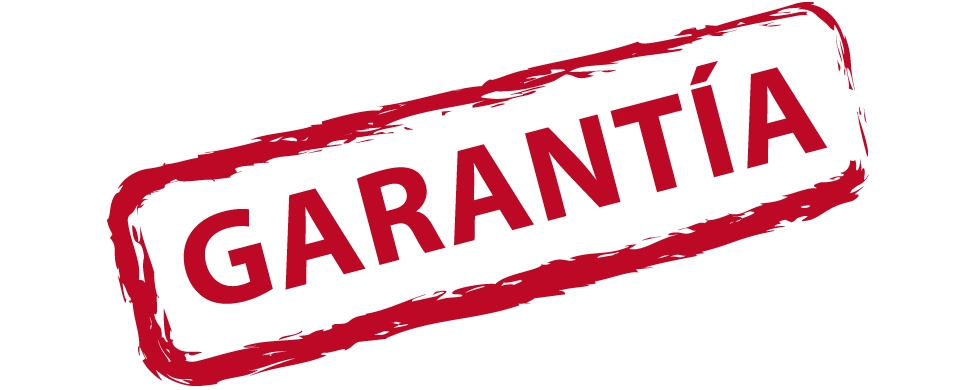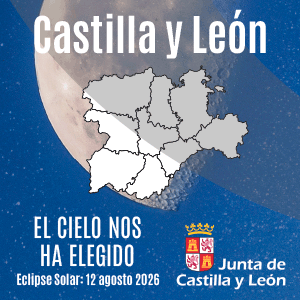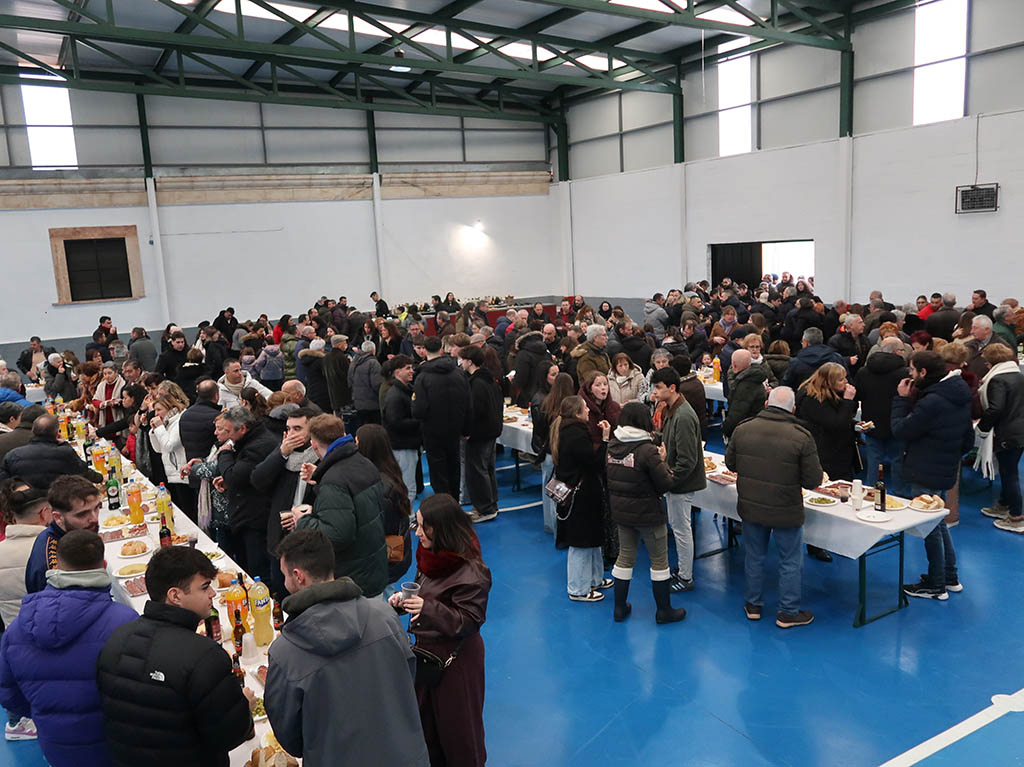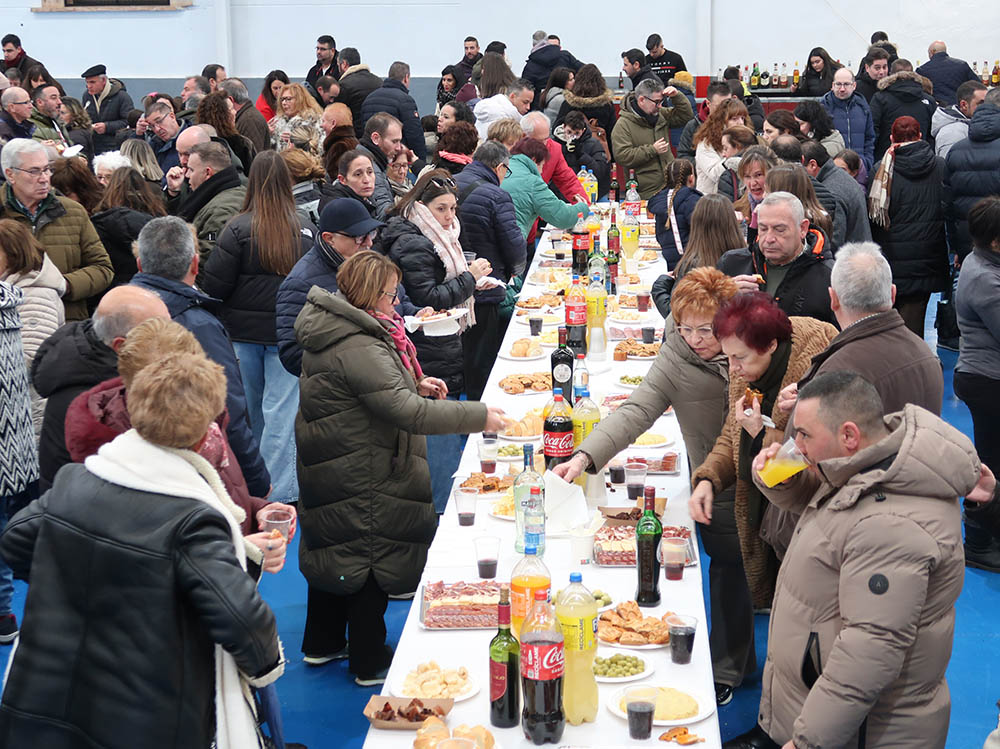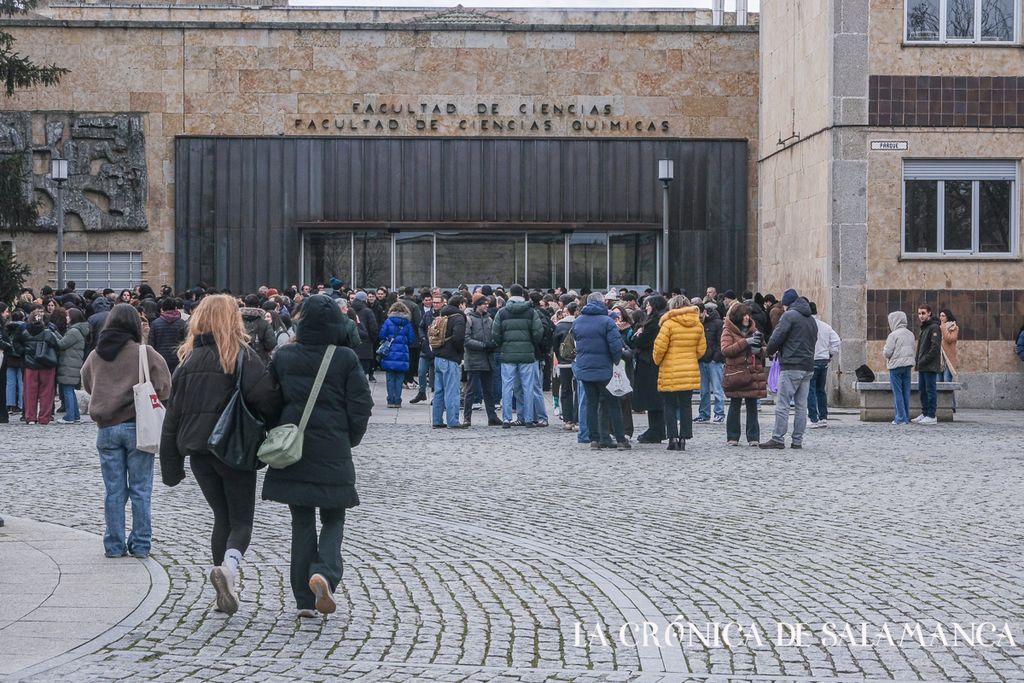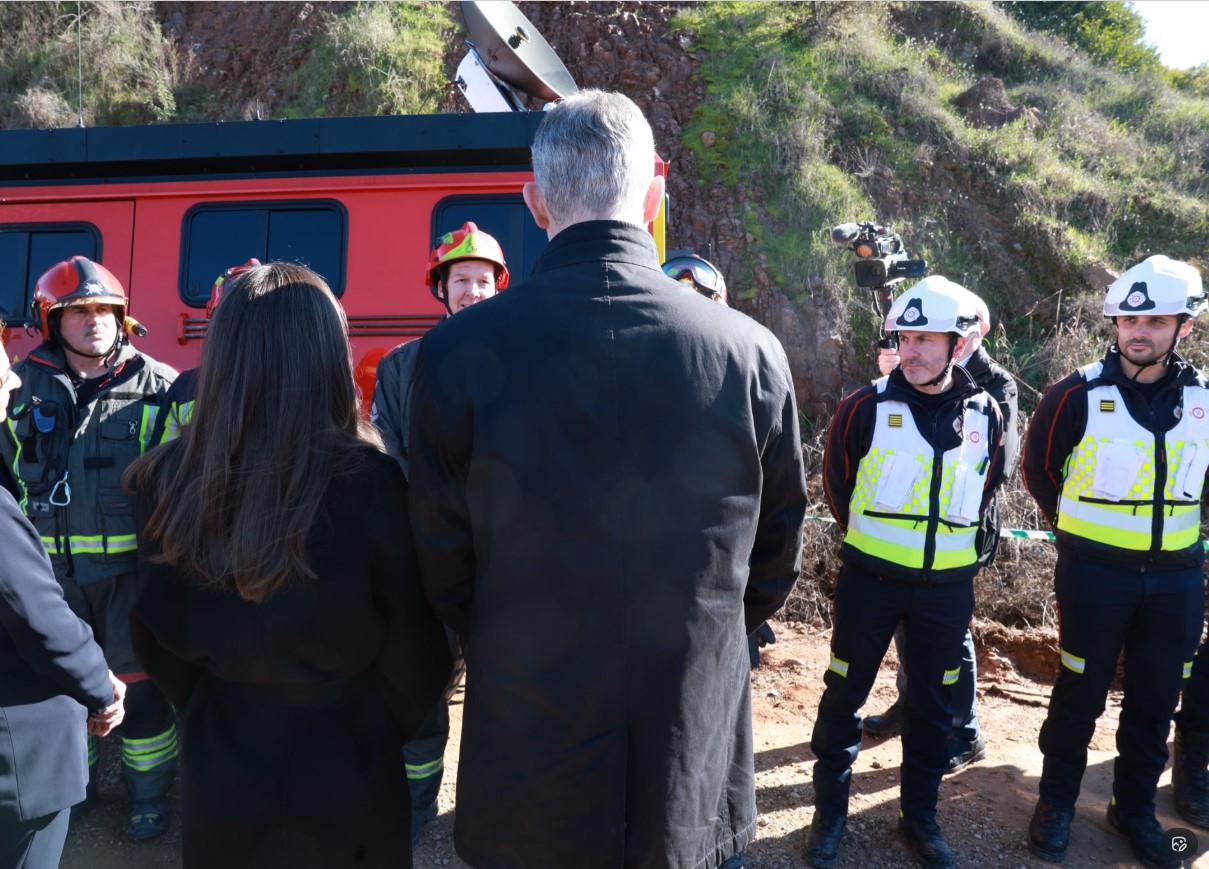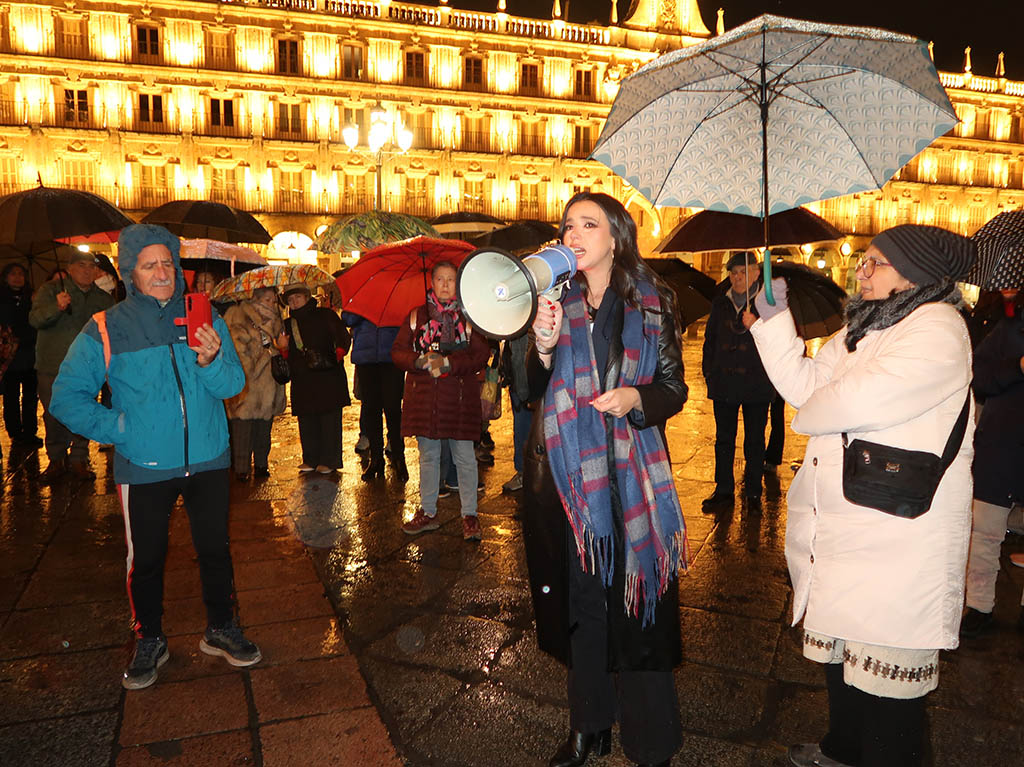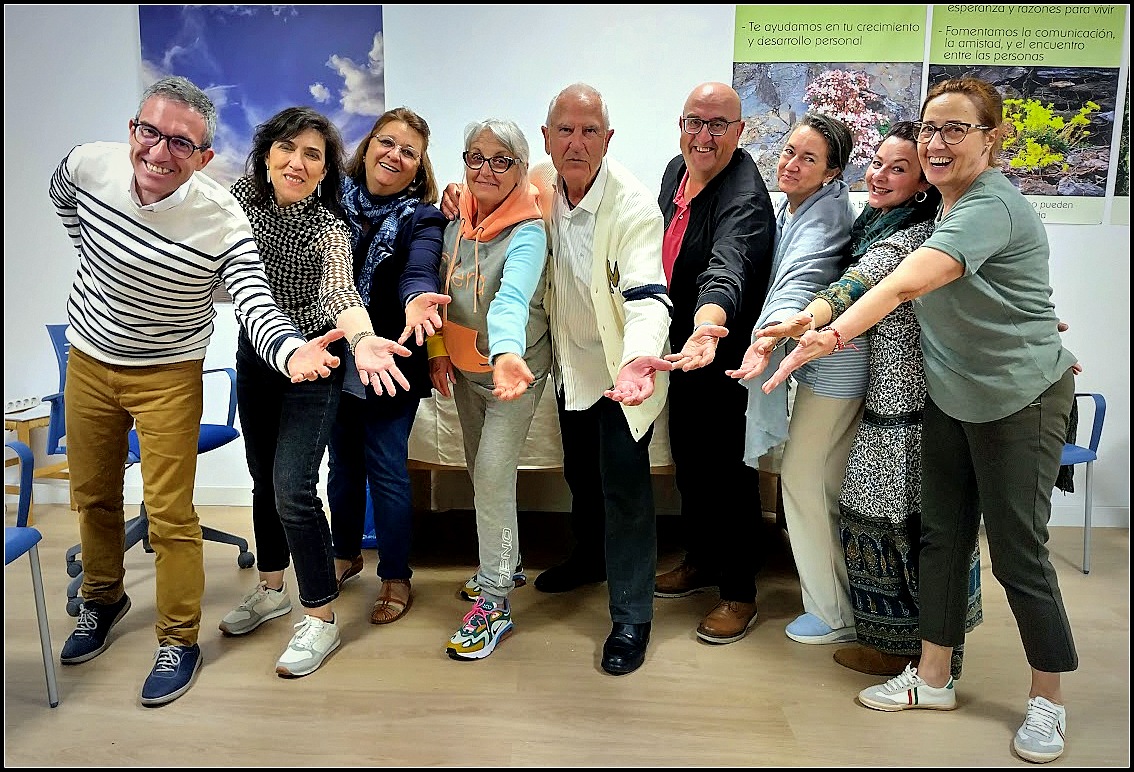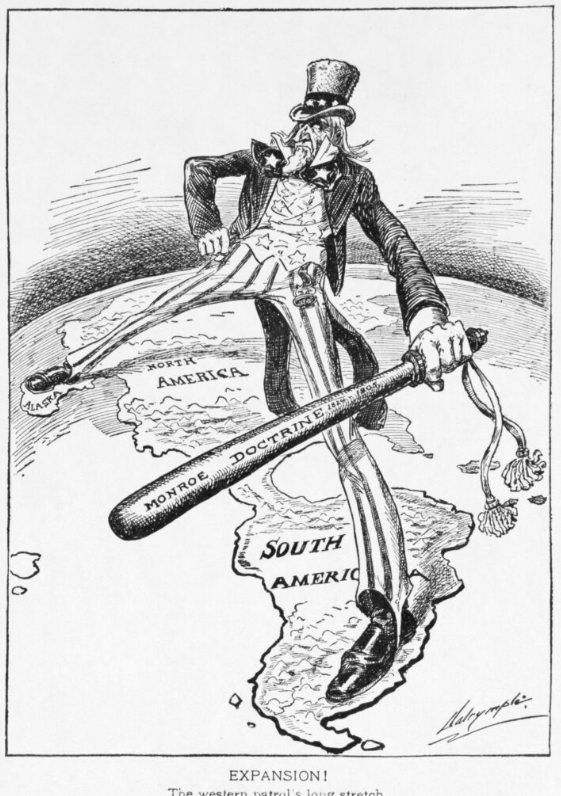[dropcap]L[/dropcap]a garantía, como popularmente se la conoce haciendo referencia a la garantía de un producto, constituye una mínima parte de lo que en calidad se denomina “aseguramiento” (o también garantía).
Se podría definir como: “el conjunto de actividades planificadas y sistemáticas aplicadas en un sistema de gestión de la calidad para que los requisitos de un producto o servicio sean satisfechos. Entre estas actividades se encuentran la medición sistemática, la comparación con estándares, el seguimiento de los procesos, todas actividades asociadas con bucles de realimentación de información. Estas actividades contribuyen a la prevención de errores, lo cual se puede contrastar con el control de calidad, que se centra en las salidas del proceso. Ambos conceptos suelen utilizarse de manera conjunta (véase QA/QC)”.

A veces olvidamos este concepto tan importante en la rutina del trabajo, pues, cuando hacemos algo, debemos hacerlo pensando en prevenir los errores, es decir, se ha de garantizar que estos no van a ocurrir; o si ocurren, el impacto en la cadena de producción o prestación del servicio ha de ser mínimo. Hay que hacer las cosas bien y, además, tiene que parecer que se hacen bien.
Para que la garantía de calidad exista se debe:
- Planificar lo que se va hacer para plantear su ejecución con el mayor detalle y revisar si se dispone de los medios apropiados y se cumplen los requisitos.
- Aclarar y resolver todas las dudas, para lo que se necesita hacer autocrítica y atender los comentarios de colegas y partes interesadas e incluso recabar su colaboración.
- Poner empeño en hacerlo bien y conforme a lo planificado (cualquier cambio es una improvisación y destruye por completo la garantía).
- Registrar Ayuda a mantener la trazabilidad en todo momento pues se deja constancia de las modificaciones e inspecciones, así como, del seguimiento del proceso facilitando el análisis posterior de los resultados.
- Analizar lo que se ha hecho para poder mejorar.
En resumen: planificar, hacer, verificar, actuar (ciclo de Deming) nos aporta la mejor garantía.
“Somos lo que hacemos día a día. De modo que la excelencia no es un acto sino un hábito”. (Aristóteles).
Warranty
[dropcap]T[/dropcap]he guarantee, as it is popularly known with reference to the guarantee of a product, constitutes a minimum part of what in quality is called «assurance«.
It could be defined as: «the set of planned and systematic activities implemented in a quality management system so that the requirements of a product or service are satisfied. These activities include systematic measurement, comparison with standards, monitoring of processes, all activities associated with loops of information feedback. These activities contribute to the prevention of errors, which can be contrasted with quality control, which focuses on the outputs of the process. Both concepts are often used together (see QA / QC)”.
Sometimes we forget this important concept in the work routine, because when we do something, we must do it thinking about preventing mistakes, that is, we must ensure that these will not happen; or if they occur, the impact on the production chain or service delivery must be minimal. You have to do things well and, moreover, it has to look good.
- In order for the quality assurance to exist, it must be:
- Plan what will be done to consider its execution in greater detail and check if the appropriate means are available and the requirements are met.
- Clarifying and solving all doubts, for which it is necessary to make self-criticism and to respond to the comments of colleagues and interested parties and even to solicit their cooperation.
- Make an effort to do well and as planned (any change is an improvisation and completely destroys the warranty).
- Record everything. It helps to maintain traceability at all times as records of modifications and inspections are kept, as well as the monitoring of the process, facilitating the subsequent analysis of the results.
- Analysewhat has been done for improving.
In short: planning, doing, checking, acting (Deming cycle) gives us the best guarantee.
«We are what we do, day by day. So, excellence is not an act but a habit.» (Aristotle).
Más información: GESPROSAL


